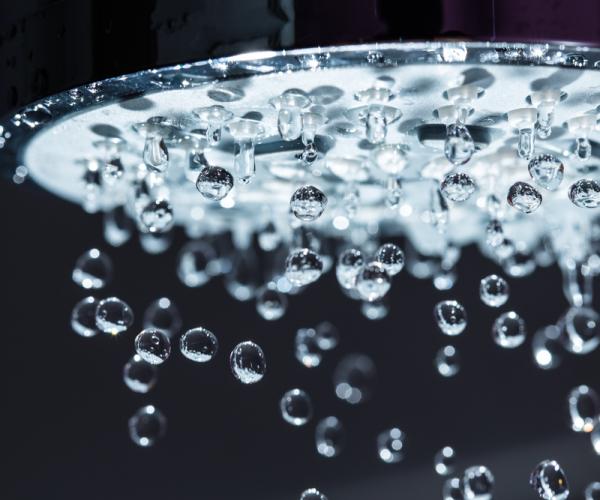
Many homeowners decide against installing a water softener to save money when building a new home. A water softener, however, protects your home from expensive damages. Other than costly repairs, you may also become inconvenienced with appliances that perform poorly due to hard water buildup. Many people also have physical reactions to hard water, such as skin irritation and dry, frizzy hair. Installing a water softener helps prevent excessive and ongoing problems with your home.
When water moves towards your home, it passes over many natural elements. If you do not have a water softener in your home, these minerals get deposited into your pipes and appliances. You can expect to have excess limestone, calcium, magnesium, and iron if you have hard water. You may notice the stains and buildup on your faucets and shower walls. The minerals also accumulate inside your pipes.
Since you do not have access to the pipes, you cannot clean them as you do your showers and faucets. Over time you may experience low water pressure and corrosion. Corroded pipes can lead to leaks under your house and in your walls. Slow, unnoticed leaks under your home can also cause foundation problems. Damage to your pipes from hard water can result in large repair bills. Installing a water softener now can save you money in the future.
Many families depend on a hot water heater to enjoy warm showers, wash clothing, and clean their dishes. When you have hard water, minerals form a scale inside the hot water heater. This makes your heater work harder to heat the water, as the heat must travel through the residue. Eventually, the mineral buildup can cause problems with the flow of water. If you have a water softener, your hot water heater may last much longer.
When limescale and other minerals build up on your faucets and valves, you can experience low water pressure. The residue can clog holes in your shower sprayer and constantly ruin the aerators in your sink faucets. The shutoff valves to your sinks, washer, and toilets may also become difficult or impossible to move when buildup becomes severe. These valves need to remain usable in case of overflowing water or appliance malfunctions. If you can't turn these valves off, your home remains vulnerable to water damage.
Water must run efficiently through your washing machine and dishwasher. Hard water deposits lessen the water flow over time. The lifespan of your washing machine and dishwasher lessens by 30- 50% with hard water. Your clothes may look stained or dull when washed in hard water. They may also wear out faster. Your dishes may never look clean, especially glass items. Extremely hard water can even cause scratches on your glassware.
Water damage to the interior of your home results in expensive repairs and sometimes mold remediation. With hard water exposure, pipes can corrode, causing various degrees of leaks. Shut-off valves may not work due to limescale residue, as well. A water softener can help extend the lifespan of your appliances and reduce the risk of water damage. The cost of future repairs with hard water exceeds the initial cost of installing a water softener.